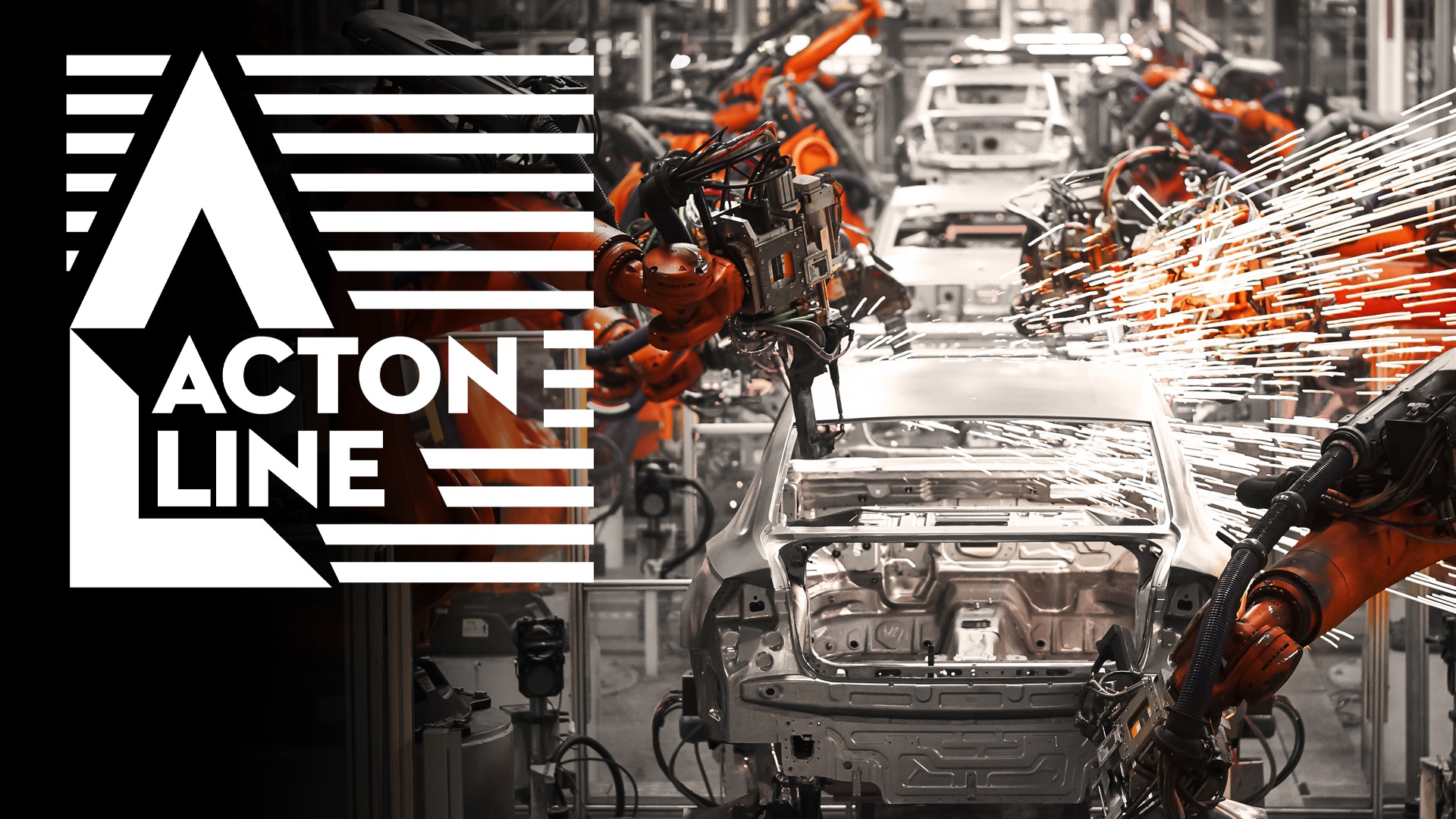
Overview
To listen to economic nationalists, national conservatives and certain politicians, you would believe that we’re in a period of mass deindustrialization. Employment in American manufacturing has been declining since the early 1980s. And manufacturing’s share of the economy has been declining since 1970. These trends, they argue, pose not just social and economic challenges to the country, but national security challenges, as well.
The response from some political leaders in Washington is arguments for increased economic protectionism, tariffs, and subsidies to shore up the American manufacturing sector and the support people who work in it.
But is deindustrialization really happening?
In this episode, we speak with Scott Lincicome, senior fellow in economic studies at the Cato Institute, about his new paper: “Manufactured Crisis: ‘Deindustrialization,’ Free Markets, and National Security.” In it, Lincicome argues that the data paint a picture of the American economy and manufacturing base that is strong and resilient, even as it and the larger economy undergo disruptions, the consequences of which are in most cases beneficial, and in other cases better addressed by policy choices other than protectionism.
Scott Lincicome - Cato Institute
Manufactured Crisis: “Deindustrialization,” Free Markets, and National Security - Scott Lincicome
Busting the ‘Deindustrialization’ Myth - Scott Lincicome
Scott Lincicome on how free trade benefits everyone - Acton Line
Scott Lincicome on how free traders crippled the free trade consensus - Acton Lecture Series










